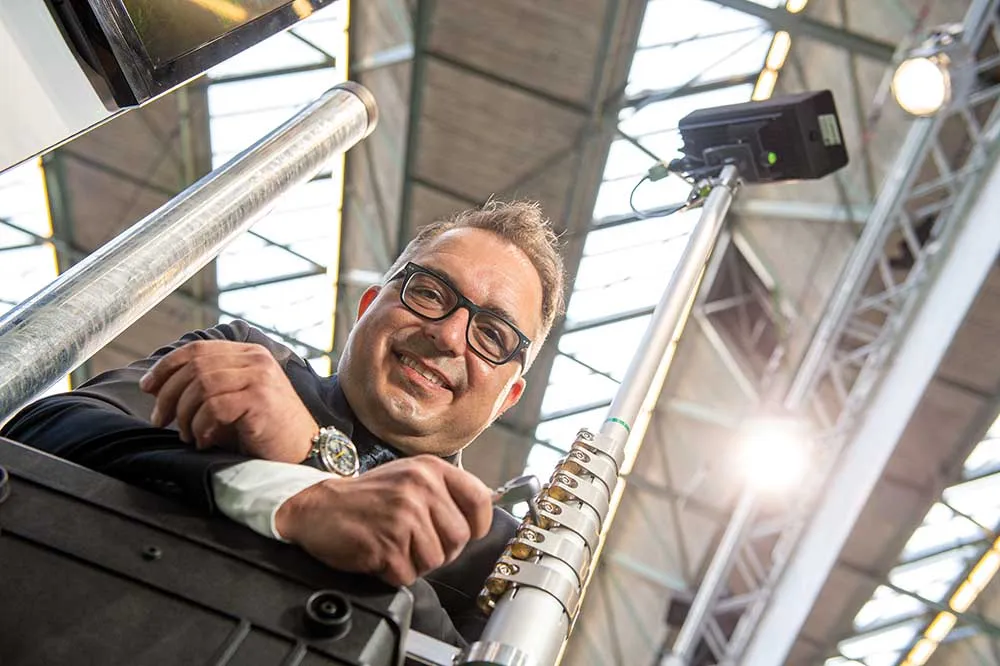The introduction of more advanced diesel truck engines, innovative emissions control systems, and cleaner diesel fuel over the past decade have successfully resulted in major improvements in air quality and fuel efficiency, according to new research compiled by The Martec Group, a global technical marketing research firm, for the Diesel Technology Forum.
The four million cleaner heavy-duty diesels introduced from 2007 through 2015 have saved US consumers: 29 million tonnes of C02; 7.5 million tonnes o
July 29, 2016
Read time: 2 mins
The introduction of more advanced diesel truck engines, innovative emissions control systems, and cleaner diesel fuel over the past decade have successfully resulted in major improvements in air quality and fuel efficiency, according to new research compiled by The Martec Group, a global technical marketing research firm, for the Diesel Technology Forum.
The four million cleaner heavy-duty diesels introduced from 2007 through 2015 have saved US consumers: 29 million tonnes of C02; 7.5 million tonnes of NOx; 218,000 tonnes of Particulate Matter (PM); 2.9 billion gallons of diesel; 69 million barrels of crude oil.
According to Allan Schaeffer, executive director of the Diesel Technology Forum, the findings show that the new generation of clean diesel technology is delivering large and expanding benefits to society in the form of fewer emissions and lower fuel consumption. The reductions from the 2007 and newer trucks on the road today are equivalent to removing the CO2 emissions from 6.1 million light-duty cars from the road for one year, removing the NOx emissions from all light-duty cars for two years, and removing the particulate matter from all light-duty cars for six years.
Schaeffer said 42 per cent of all medium and heavy-duty diesel commercial trucks (Classes 3-8) in operation in the United States, four million of 9.5 million diesel trucks, were now equipped with newer technology clean diesel engines; up from 38 percent last year. For Class 8 trucks running the newest generation (2010 and newer) engines, the new technology saved truckers US$2,400 a year in fuel costs by using 875 fewer gallons of fuel (based on 125,000 miles travelled).
“As the world’s attention is now focused on meeting future international climate commitments, it is important to recognize the fuels and technologies that are delivering proven benefits here and now in communities all across America, because technologies like clean diesel will also be vital to achieving those future goals as well,” Schaeffer said.
The four million cleaner heavy-duty diesels introduced from 2007 through 2015 have saved US consumers: 29 million tonnes of C02; 7.5 million tonnes of NOx; 218,000 tonnes of Particulate Matter (PM); 2.9 billion gallons of diesel; 69 million barrels of crude oil.
According to Allan Schaeffer, executive director of the Diesel Technology Forum, the findings show that the new generation of clean diesel technology is delivering large and expanding benefits to society in the form of fewer emissions and lower fuel consumption. The reductions from the 2007 and newer trucks on the road today are equivalent to removing the CO2 emissions from 6.1 million light-duty cars from the road for one year, removing the NOx emissions from all light-duty cars for two years, and removing the particulate matter from all light-duty cars for six years.
Schaeffer said 42 per cent of all medium and heavy-duty diesel commercial trucks (Classes 3-8) in operation in the United States, four million of 9.5 million diesel trucks, were now equipped with newer technology clean diesel engines; up from 38 percent last year. For Class 8 trucks running the newest generation (2010 and newer) engines, the new technology saved truckers US$2,400 a year in fuel costs by using 875 fewer gallons of fuel (based on 125,000 miles travelled).
“As the world’s attention is now focused on meeting future international climate commitments, it is important to recognize the fuels and technologies that are delivering proven benefits here and now in communities all across America, because technologies like clean diesel will also be vital to achieving those future goals as well,” Schaeffer said.








